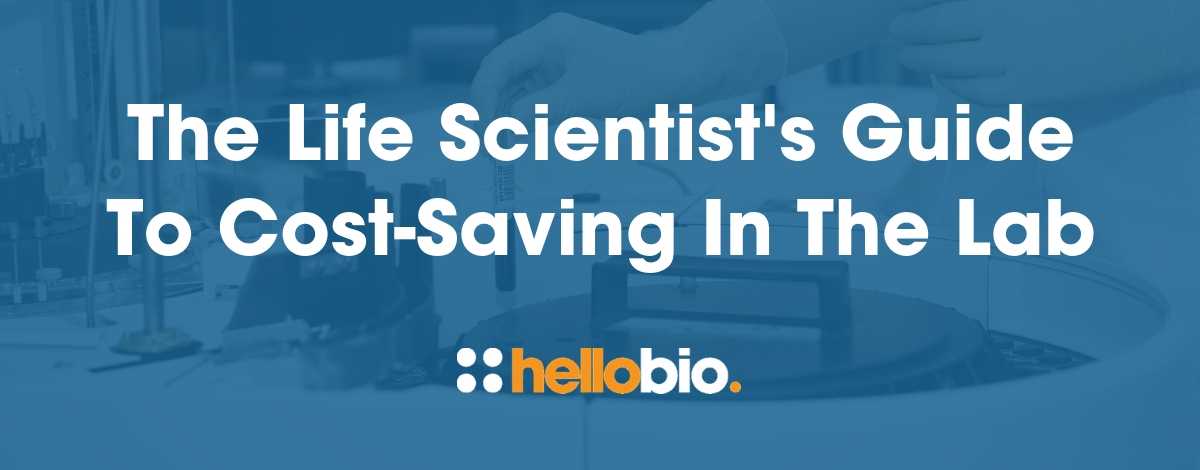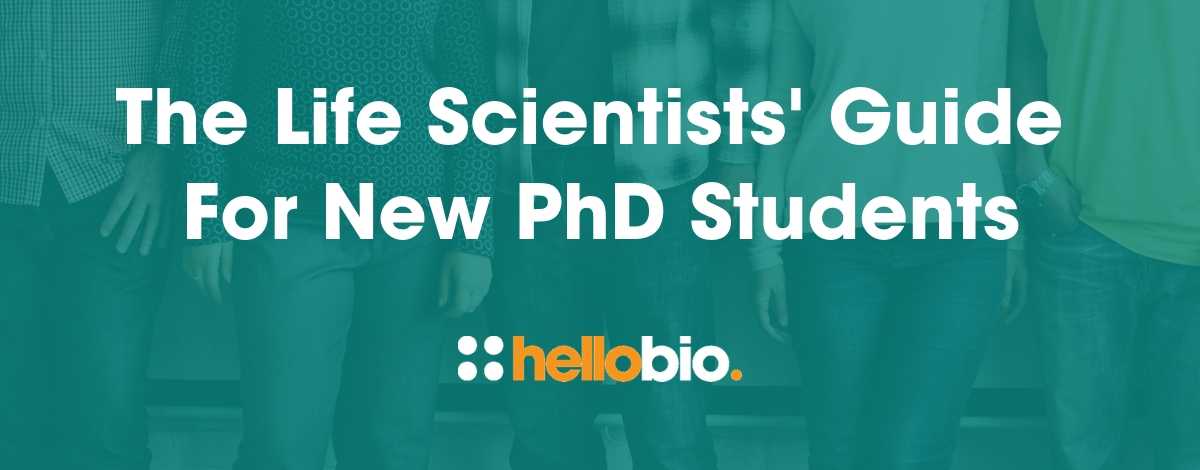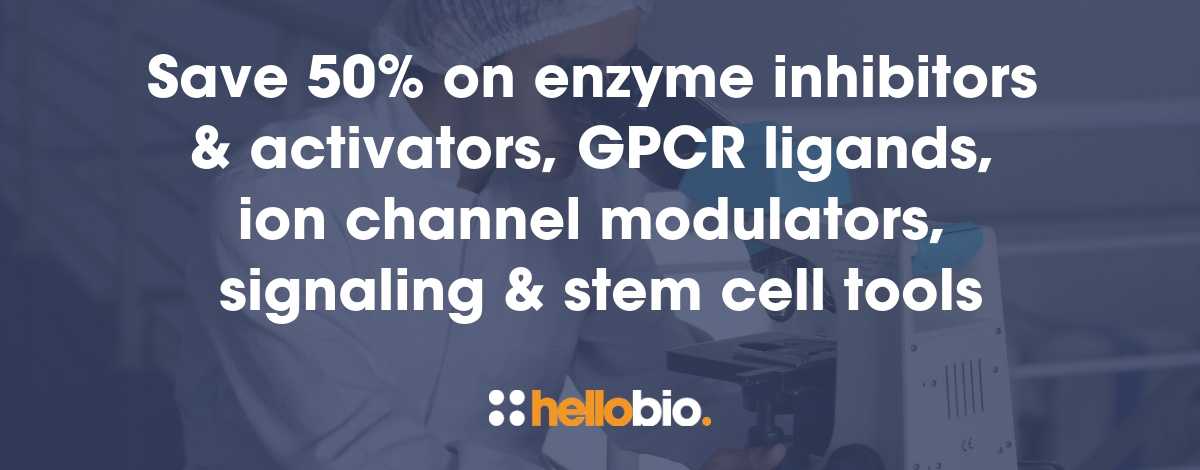Writing a Winning Travel Grant Application
As PhD students and early career researchers, many of us don’t have the means to attend many conferences. Sometimes, the only affordable way to travel to a conference or another laboratory is to gain funding through a travel grant. I’ve been lucky enough to receive five travel grants during my PhD, and they have been so beneficial. In this post, I am going to go through some of my tips and tricks to give yourself the best chance of winning a travel grant.
Why get travel funding?
There are many benefits to attending conferences. These include the opportunity to present your work, network with peers, initiate conversations around postdoctoral opportunities, and develop collaborations. Presenting, whether it’s a poster presentation or an oral presentation, it’s so useful to develop confidence and to get feedback on your work from experts in the field.
As you’re probably aware, attending conferences is not cheap once you factor in conference registration, flights, and accommodation. Especially for an Australian like myself, most international conferences are a 15 hour flight away – this is not cheap! Travel funding is your entry to these conferences. As an added bonus, when the conference is not in session, you have the opportunity to explore a new city or country, try new food, and see the sights.
Identify grants to apply for (and get in early!)
First, you need to identify the conference(s) you want to attend. You can ask your supervisors and other students in your lab for ideas. Once you know this, start thinking about travel funding soon after. Often travel grants will only have one round a year or will close well in advance.
I have a general list I keep updated of grants to apply for. These can be really wide-ranging. My university offers a range of travel grants for PhD students, so I make sure I know when the deadlines are so I can start working on them early. Other places you can look for include:
- The actual conference (sometimes conferences have young investigator grants)
- Charities or research funds related to your research
- Alternative sources (e.g. businesses) – for example, Hello Bio offers a monthly $500 travel grant
Making your case
The requirements for each travel grant are different. Make sure you understand them, and reach out to the organisers to clear up any problems or ask any questions. Plan out what you need: for example, do you need a letter of recommendation from a supervisor or other contact? Ask for these as early as possible, and give reminders.
One of the other major factors in a travel grant application is your conference abstract submission. Having an accepted abstract is going to put you ahead of the pack. However, it isn’t a total barrier if you don’t have one. Last year, I wanted to apply for a prestigious travel grant, but it only had one funding round per year, which did not line up with abstract submissions for my chosen conference. However, I was able to provide the abstract I planned to submit, and was able to demonstrate my success in having previous abstracts accepted as evidence.
When writing travel grant applications, I like to think about how I can make my application most attractive to the committee. Is there something else you can do, along with the conference, to really maximise your learning and development opportunities? Some of the things I have added-on to a conference include:
- Attending a short training course at a nearby university after the conference
- Going to two conferences in the same week
- Visiting another lab
I have had success by finding researchers from my area in the city I am going to, and then emailing them to see if I can visit them for a day. It’s been great to see other lab set-ups, meet other students and receive feedback on my work.
And finally, think about why you want to attend your event, and what you hope to get out of it. Make sure you demonstrate this in your application:
- Are there specific people you want to meet?
- Do you want to collaborate with different groups?
- Do you want to talk to people about postdoctoral positions?
Having a clear idea of your objectives can help to convince funders that you should receive a grant.
Budget well
Many travel grants will ask you to develop and show a detailed budget for your trip. My tip is to provide evidence of costs in the form of quote or screenshots. You can ask your university institute’s travel provider for flights and accommodation quotes, and be sure to include the cost of conference registration in your budget. Think about what else you might need, such as land transport, visas, incidental expenses, and make a well-researched estimate of their costs.
Travelling is incredibly valuable during your PhD. Applying for travel grants can allow you to travel more easily and regularly, and is also really good practice for applying for research grants and fellowships as you come to the end of your PhD and move into postdoctoral positions.
Good luck!
_______________
Kate Secombe is a PhD candidate in the Cancer Treatment Toxicities Group at the University of Adelaide, Australia. Her research focuses on reducing gastrointestinal side-effects of cancer treatments, with a particular focus on the role of the gut microbiome.
Outside of her research, Kate teaches Human Biology and Physiology to a broad range of both on-campus and online undergraduate students. She also regularly blogs at pooisnottaboo.com.
You can follow Kate on Twitter at @kate_secombe or find out more at https://researchers.adelaide.edu.au/profile/kate.s...
_______________
Apply for our monthly $500 travel grant
Every month we award a travel grant of $500 to a PhD or postdoc to help them attend a scientific conference. There are no complicated rules or terms and conditions – you just need to be a postgraduate or postdoctoral researcher attending a relevant conference, and be able to tell us why you think you deserve it.
If you enjoyed reading this article, why not check out the other resources available on our blog. In particular, we're passionate about supporting early career life scientists and PhD students - with affordable reagents and biochemicals, travel grants, and resources to help with both personal and professional development. We know how tough it is - so we hope you find these helpful!
______________
Advice & guidance for life scientists
Click below to view our of essential guides and articles includes to support life scientists, PhD students & early career life scientists:
Wellbeing for scientists
Click below for our resources to help improve your wellbeing:
Travel grants
Every month we give away $500 to PhD students and Postdocs so that they can attend a scientific conference - click below to find out more:
Technical resources
Try our Molarity Calculator: a quick and easy way to calculate the mass, volume or concentration required for making a solution.
Try our Dilution Calculator: an easy way to work out how to dilute stock solutions of known concentrations
Click below to see our Mini-reviews, Pathway Posters & Product Guides: a set of technical resources to answer your questions on a wide range of topics and to help you get started quickly.
And - when you get to the stage of planning your experiments, don't forget that we offer a range of agonists, antagonists, inhibitors, activators, antibodies and fluorescent tools at up to half the price of other suppliers - click below to see how we compare with other suppliers:





















